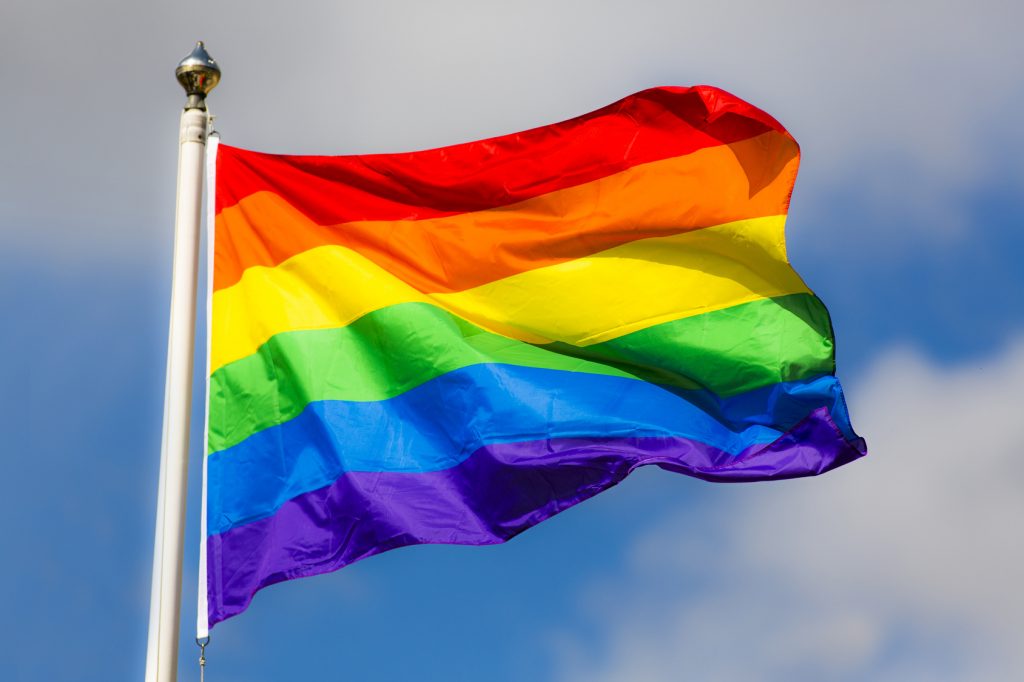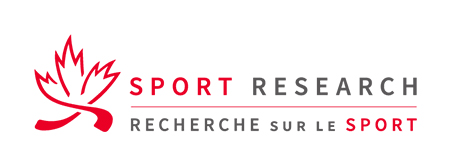Appeal to CAS
This week, the Court of Arbitration for Sport (CAS) will hear a scheduled five-day appeal in the case of two-time Olympic 800m champion Castor Semenya. Semenya is appealing a ruling by the International Association of Athletics Federations (IAAF) that will impose limits on testosterone levels for female athletes with differences of sexual development. The case…
Transgender Barriers to Participation
Research from the University of Manitoba reveals a number of important issues relating to the participation of trans athletes, including a lack of awareness about current inclusion policies, uncertainty and skepticism relating to the science behind current regulations, and persisting transphobia amongst athletes, coaches and decision makers. Unfortunately, the burden of educating stakeholders and advocating…
Why Transgender Eligibility Policies Aren’t Enough
In releasing its transgender inclusion policy in September 2018, U Sports joined an ever-increasing list of organizations, from the community to international levels, that have implemented policies to regulate the inclusion of athletes who identify as transgender. Organizations with trans inclusion policies include, but are not limited to, school divisions (e.g. the Toronto District School…
Leading the Way: Working with LGBTQI2S Athletes and Coaches

The International Day Against Homophobia, Biphobia and Transphobia (IDAHO) is held annually on May 17th to celebrate sexual and gender diversity. This year’s global theme is “Alliances for Solidarity” which is appropriate for our work in Canada to make sport more welcoming for those who identify as lesbian, gay, bisexual, trans, queer or questioning, intersex…
Sports Experiences of Lesbian, Gay, Bisexual and Transgender Athletes
This study aims to gain a better understanding of the sports experience of lesbian, gay, bisexual and transgender (LGBT) athletes. There is very little Canadian data so far on the reality of LGBT athletes. However, all existing studies on the subject look at the difficulties faced by LGBT athletes, such as rejection by peers, harassment,…
Policy and program considerations for increasing sport participation among members of underrepresented groups in Canada

Sport should be available and responsive to the needs of all Canadians who want to participate. However, members of a number of groups do not participate at the same rates as their mainstream counterparts. Some women and girls, Indigenous peoples, persons with a disability, recent immigrants, new Canadians, socio-economically disadvantaged Canadians, older adults, members of…